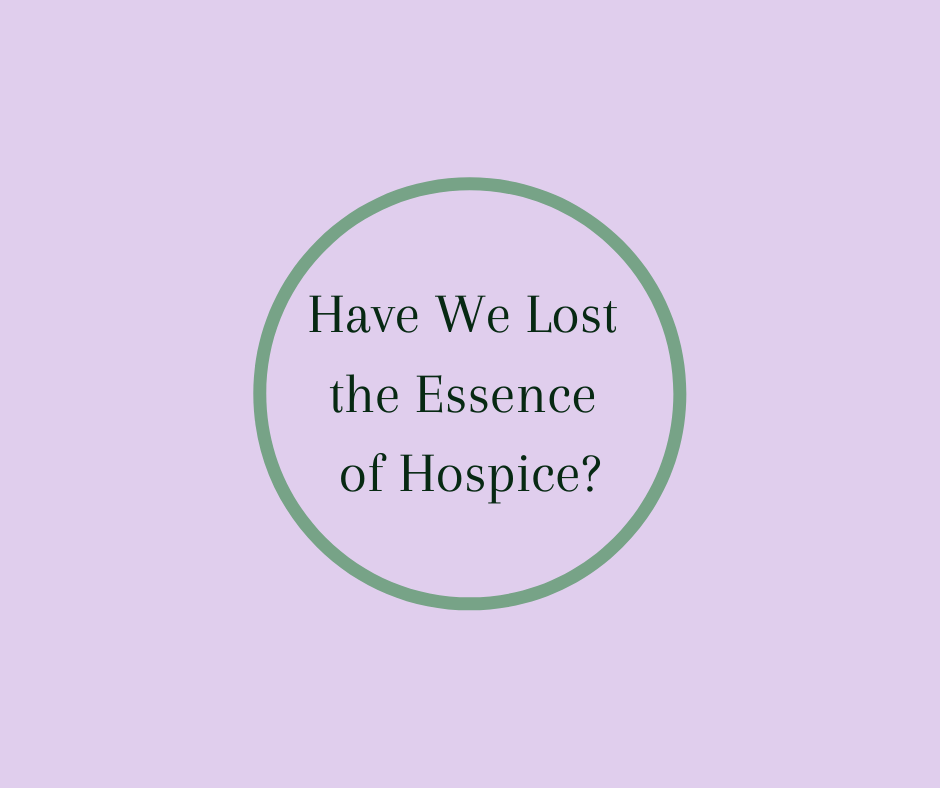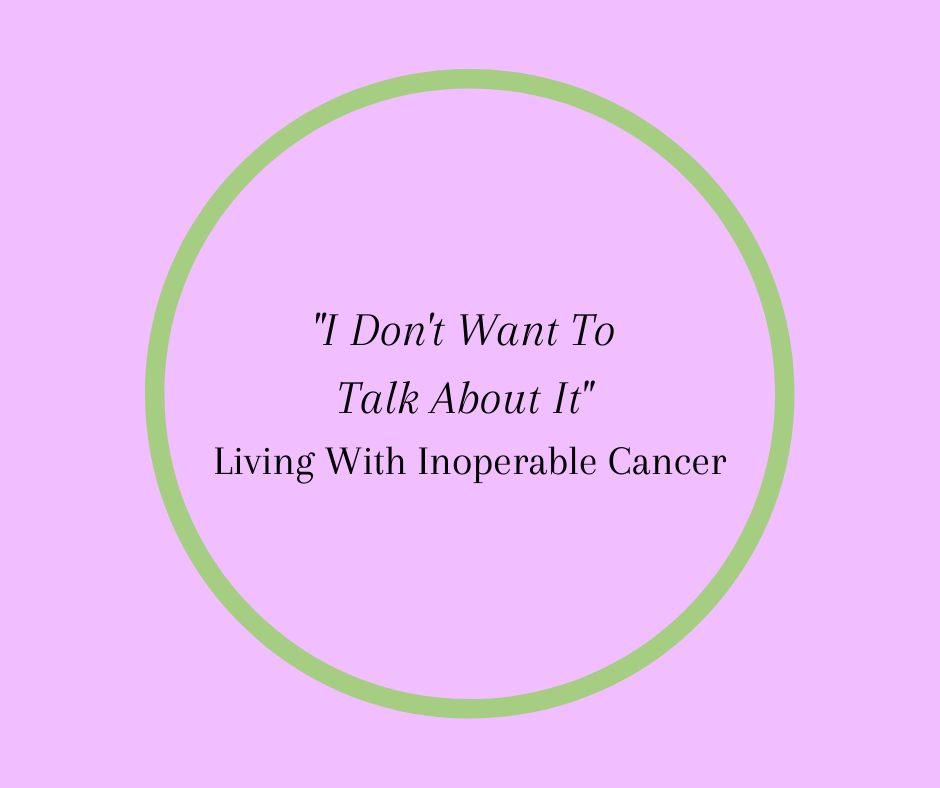Dear Barbara, I recently had a meeting with a family that was referred to hospice from a facility. They had about 10 family members at the meeting. The topic of a DNR order came up and as I discussed the issue with them it became apparent to me that the family members were not clear on the reason for the hospice referral and that the patient did not express his wishes about end of life care. Do you have any suggestions for dealing with a large group of family members and how to discuss the matter of Advance Directives when a patient has not made his wishes known. The patient was clearly appropriate for hospice services due to significant weight loss, poor appetite, and increasing debility and withdrawal.
A huge part of hospice and palliative care is addressing the lack of knowledge that is among most people in our country. We believe “other people” die and that the medical establishment is supposed to fix everyone. Added to those beliefs the fact that most physicians are focused on cure not end of life and you have a situation where accurate information has not been given. As end of life care providers we certainly have our job cut out for us.
It should be expected that most of our initial visit will center around the following areas: educating the family of the reason hospice is the appropriate form of care for their loved one, addressing briefly the signs of approaching death (decreased eating, increased sleep, and withdrawal) and then discussing where the family sees their person on that continuum.
Addressing Advance Directives and Do Not Recessitate status is another area of discussion. With Advanced Directives and DNRs expect a lot of people do not have a clue what you are talking about. Teach them.
Another important part of the initial meeting, after all the above explaining has been done, is to ask the family (and patient if the referral is early enough to include the patient) how they think hospice can help them? What would they like and need from hospice services? With this question and the resulting answer you enter into the relationship with clear expectations of either hospice or the family.
With all of the above areas discussed, hopefully the family will see the appropriateness of the hospice referral and the signing of papers can begin. You have helped them think about the end of life, discussed decisions and addressed what hospice can do for them. From this initial visit you will have laid the groundwork for the rest of the patient and family’s relationship with end of life and hospice services.
Something More About The Initial Visit...
THE FINAL ACT OF LIVING is a reference book for anyone dealing with end of life. It reads like a novel yet has the information of a text book. Universities use this book as well as chaplains, social workers, nurses, families, counselors... It has a chapter on Advance Directives and DNR's.







